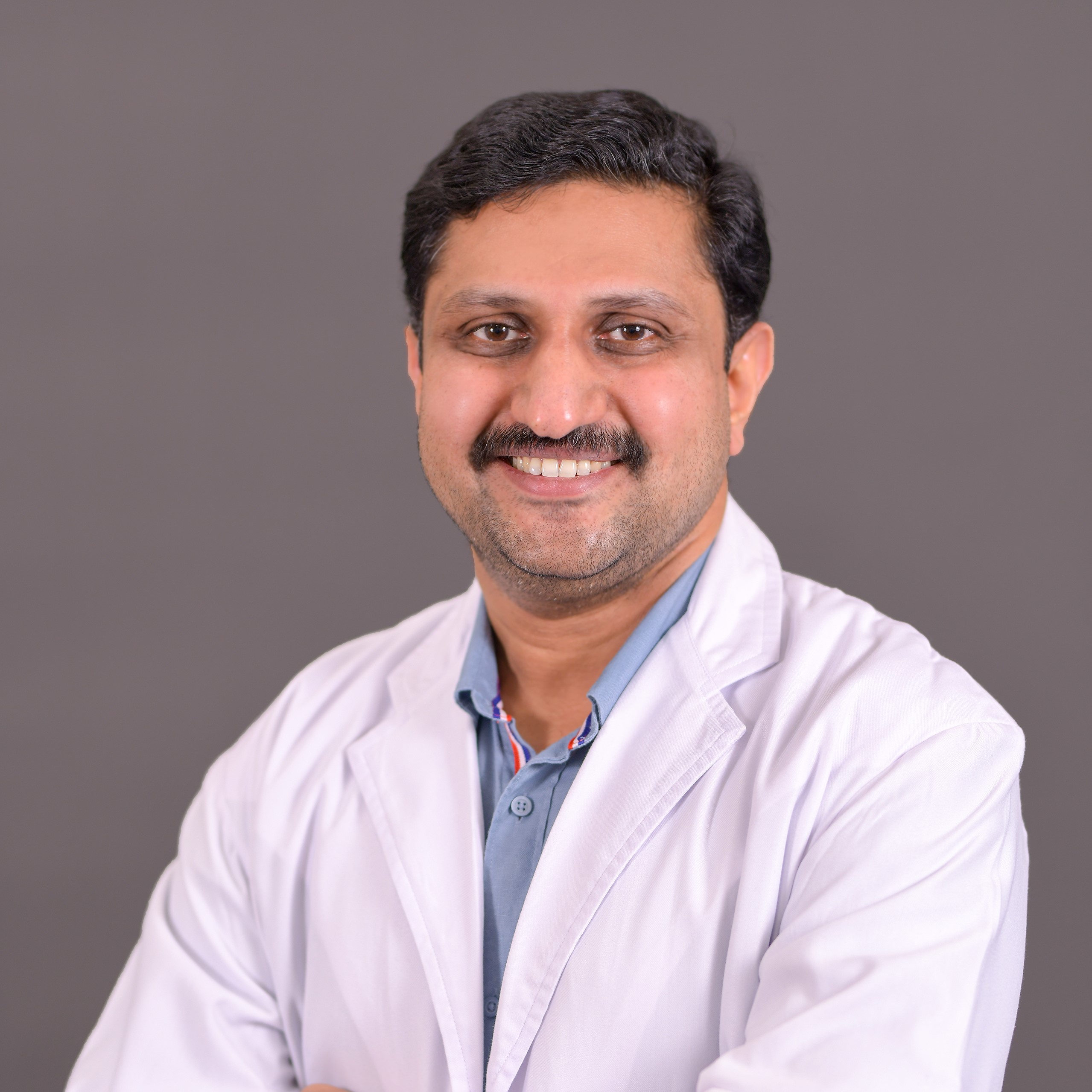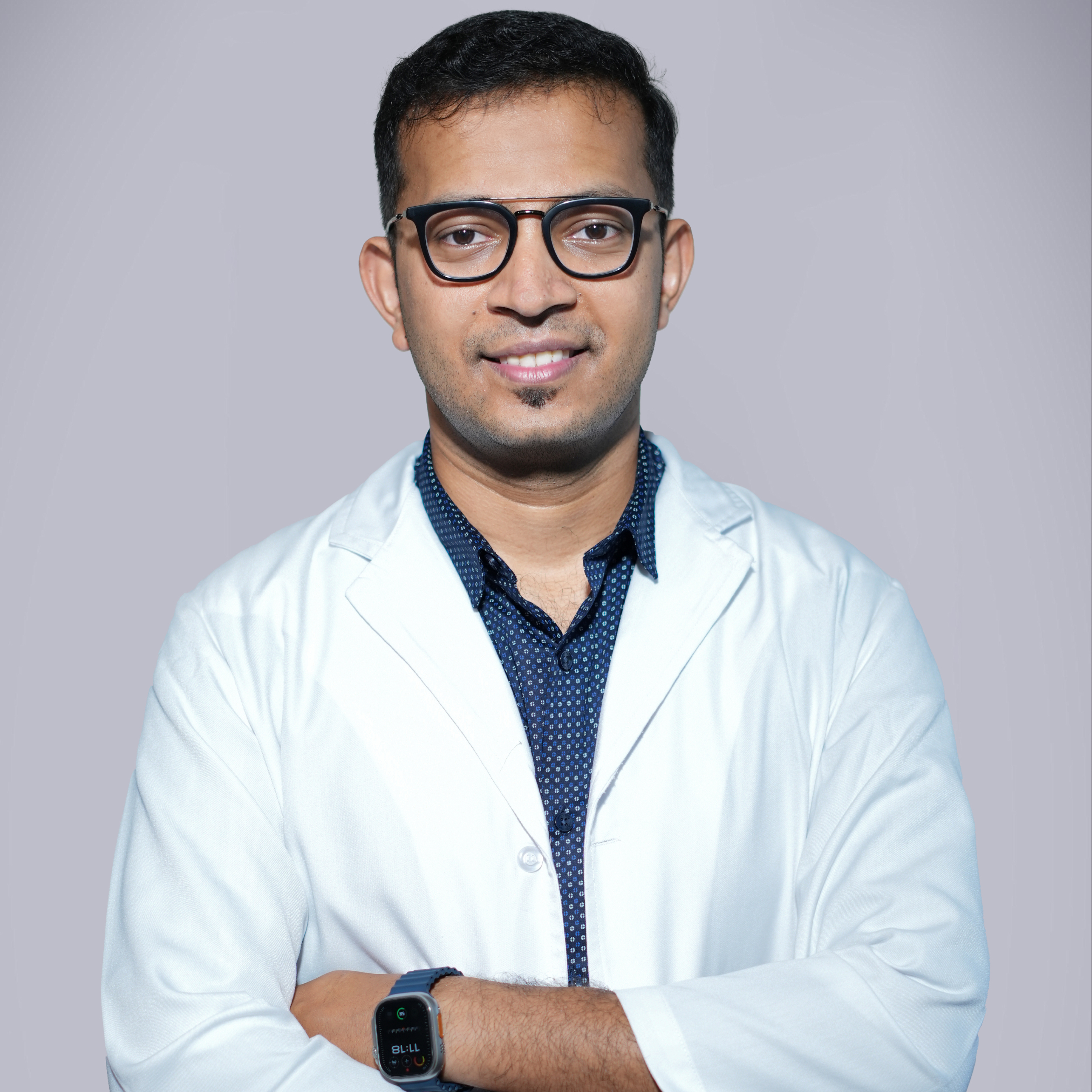- Our Doctors
- Our Specialities
Centres of Excellence
-
 Centre for Blood Diseases, BMT & Cancer Immunotherapy
Centre for Blood Diseases, BMT & Cancer Immunotherapy -
 Centre for Bone, Joint & Spine
Centre for Bone, Joint & Spine -
 Centre for Critical Care Medicine and ECMO Services
Centre for Critical Care Medicine and ECMO Services -
 Centre for Gastrosciences
Centre for Gastrosciences -
 Centre for Heart & Vascular Care
Centre for Heart & Vascular Care -
 Centre for Nephro-Urosciences
Centre for Nephro-Urosciences -
 Centre for Neurosciences
Centre for Neurosciences -
 Centre for Obstetrics and Gynaecology
Centre for Obstetrics and Gynaecology -
 Centre for Organ Transplantation
Centre for Organ Transplantation
Super Speciality
-
 Advanced Diagnostic and Interventional Radiology
Advanced Diagnostic and Interventional Radiology -
 Anesthesiology & Pain Management
Anesthesiology & Pain Management -
 Clinical Nutrition and Dietetics
Clinical Nutrition and Dietetics -
 Dental and Maxillofacial Surgery
Dental and Maxillofacial Surgery -
 Dermatology
Dermatology -
 Emergency and Trauma
Emergency and Trauma -
 Endocrinology and Metabolic Disease
Endocrinology and Metabolic Disease -
 ENT and Head & Neck Surgery
ENT and Head & Neck Surgery -
 Family Medicine
Family Medicine -
 General and Laparoscopic Surgery
General and Laparoscopic Surgery -
 General Medicine
General Medicine -
 GI Onco Surgery
GI Onco Surgery -
 GI Oncology
GI Oncology -
 GI Surgery, Advanced Laparoscopy and Gastro Oncosurgery
GI Surgery, Advanced Laparoscopy and Gastro Oncosurgery
-
- Key Procedures
- Our Hospitals
- International Patient
- Contact us
-
Quick Links


Pulmonology
We breathe 25,000 times a day. The cells in our body need oxygen to perform daily metabolic activities. It is easy to see how illness affecting our breathing requires immediate attention. Our pulmonology care experts at Meitra can help you breathe easier.
The Department of Pulmonology at Meitra Hospital provides comprehensive treatment for diseases and conditions that affect the chest, lungs, and airway function. Meitra provides clinical evaluation, diagnostic, and treatment services to patients with respiratory health problems such as asthma, pneumonia, emphysema, tuberculosis, lung cancer, and inflammatory and infectious lung diseases. The Pulmonology Department is fully equipped to treat complicated, critical, and advanced respiratory diseases equipped with an advanced interventional pulmonology unit that hosts the latest diagnostic and therapeutic equipment including EBUS. The Sleep Medicine Division is equipped with an advanced sleep lab to diagnose sleep disorders mainly obstructive sleep apnoea.
The outpatient division offers expert care for allergy, asthma, COPD, and other common respiratory illness with a fully-fledged pulmonary function lab, rehabilitation unit, and allergy testing.
World Tuberculosis Day | Meitra Hospital
Meet Our Doctors
Experienced Medical professionals for a superior patient experience.
Frequently Asked Questions
What are common pulmonary conditions?
Diseases commonly evaluated and treated by pulmonologists include asthma, chronic obstructive lung disease (COPD), emphysema, lung cancer, interstitial and occupational lung diseases, and complex lung and pleural infections including tuberculosis, pulmonary hypertension, and cystic fibrosis.
What are pulmonary function tests?
These include a variety of tests that check how well the lungs work. The most basic test is spirometry. This test measures the amount of air the lungs can hold. Other tests are the Lung volume test, Gas effusion test, and exercise stress test.
What kind of surgeries do pulmonologists do?
They are experts in advanced diagnostic and therapeutic procedures, including robotic bronchoscopy, thoracentesis, pleuroscopy and comprehensive evaluation of airway conditions.
Who is a pulmonologist?
A pulmonologist is a doctor specializing in the diseases of the lungs and respiratory system. Pulmonology is a sub-branch of internal medicine. As a result, pulmonologists typically study internal medicine, following which, they study diseases specific to the lungs.

 +91 9393 108 108
+91 9393 108 108
































































